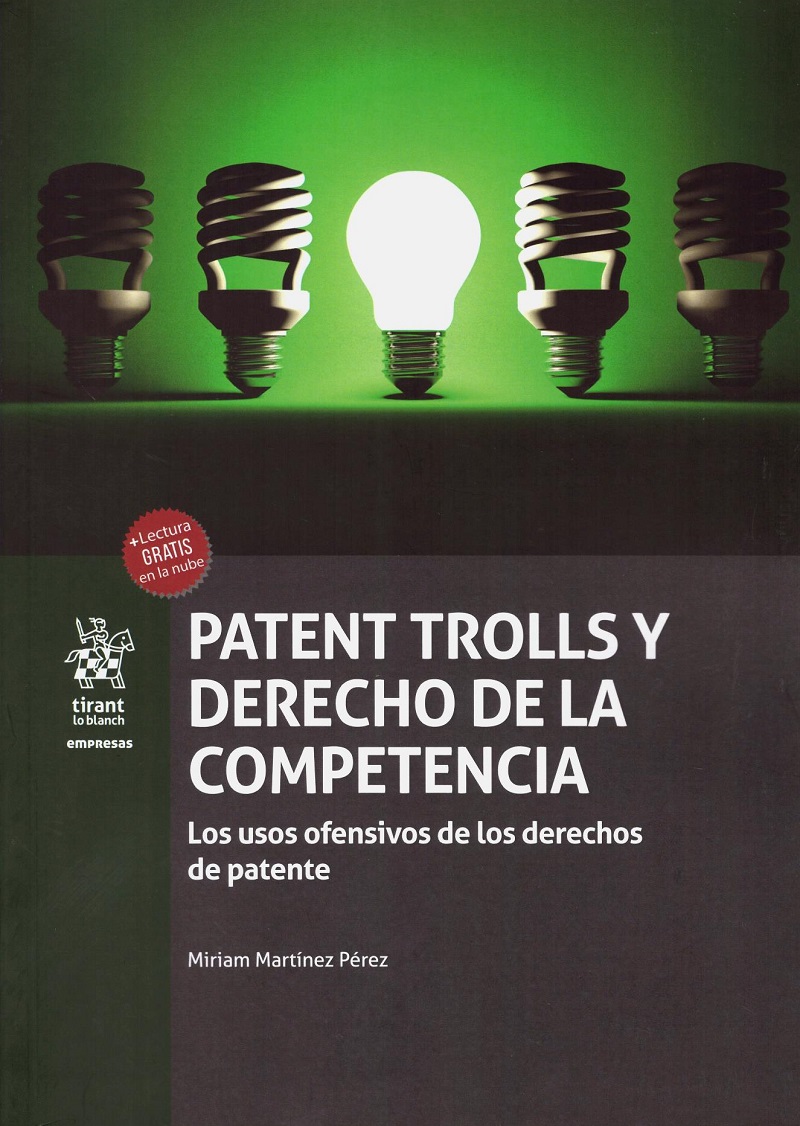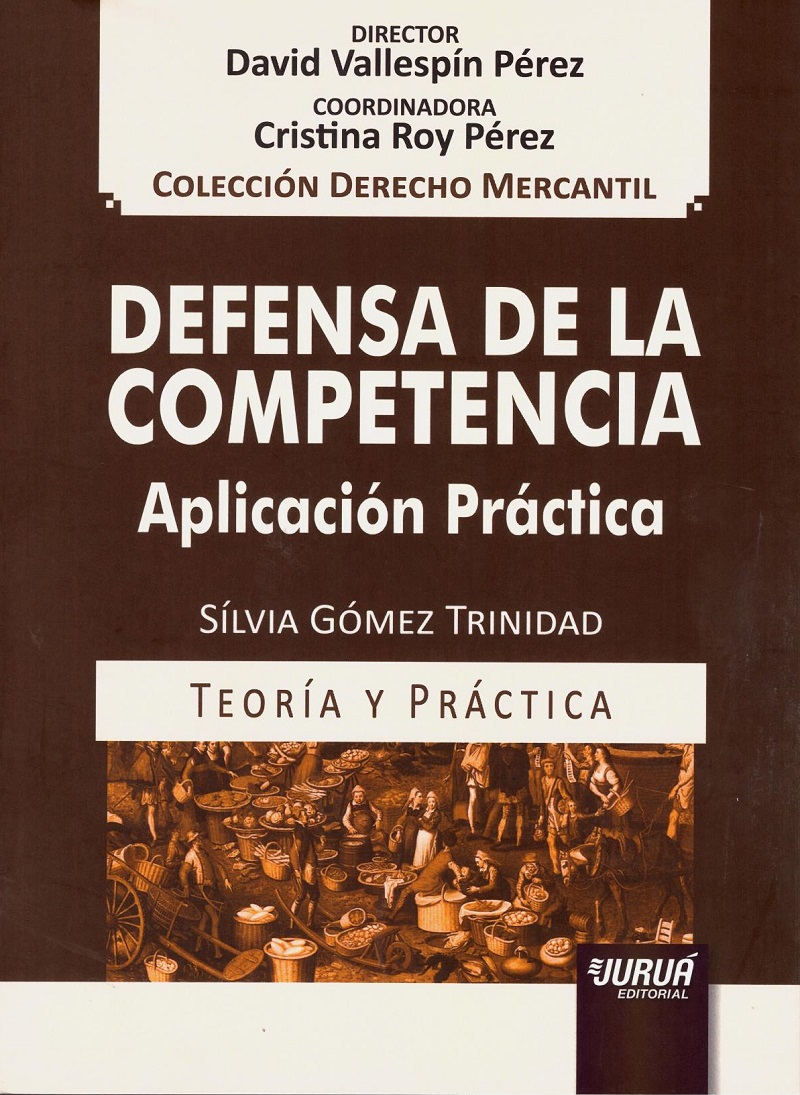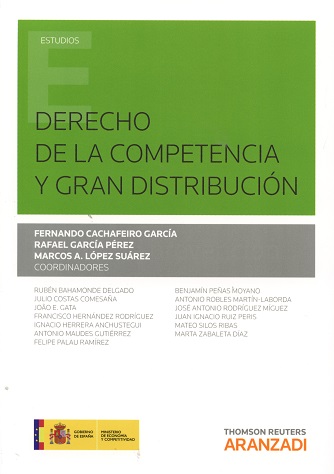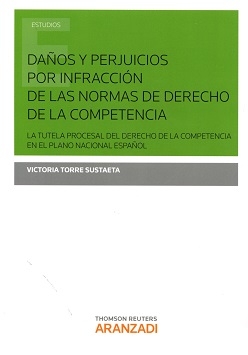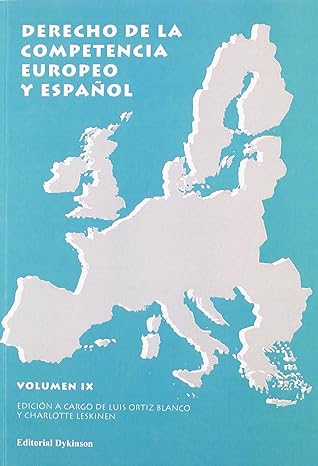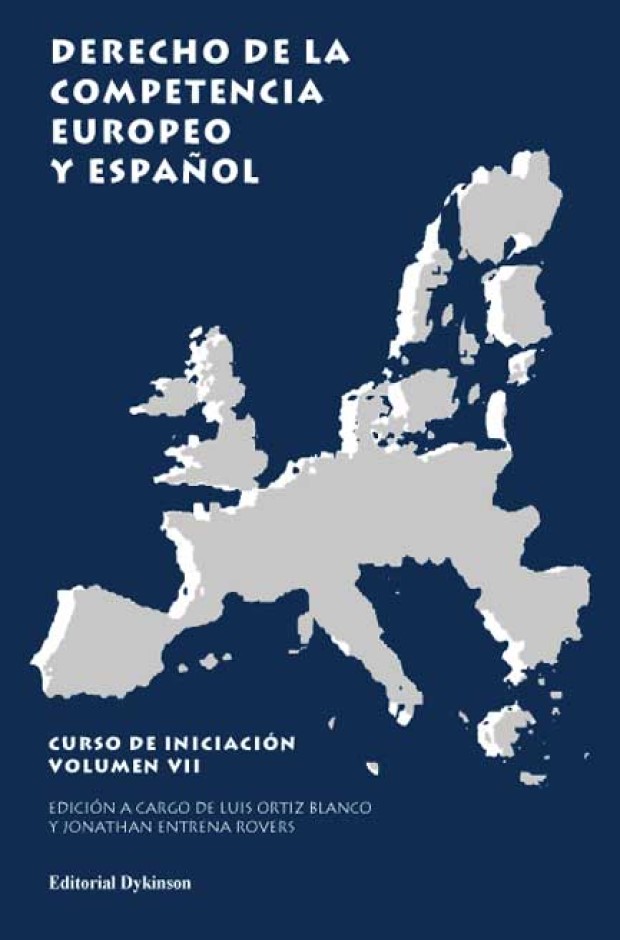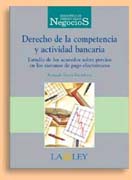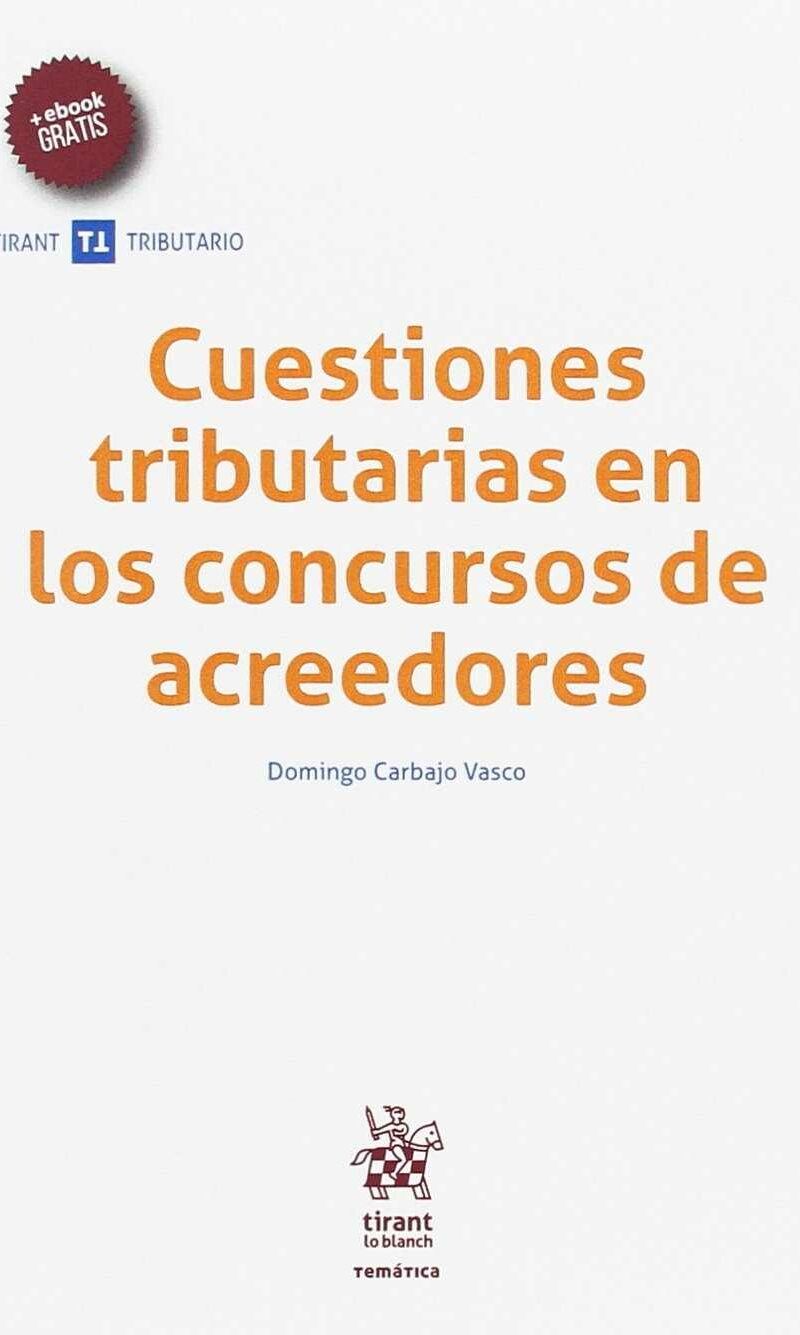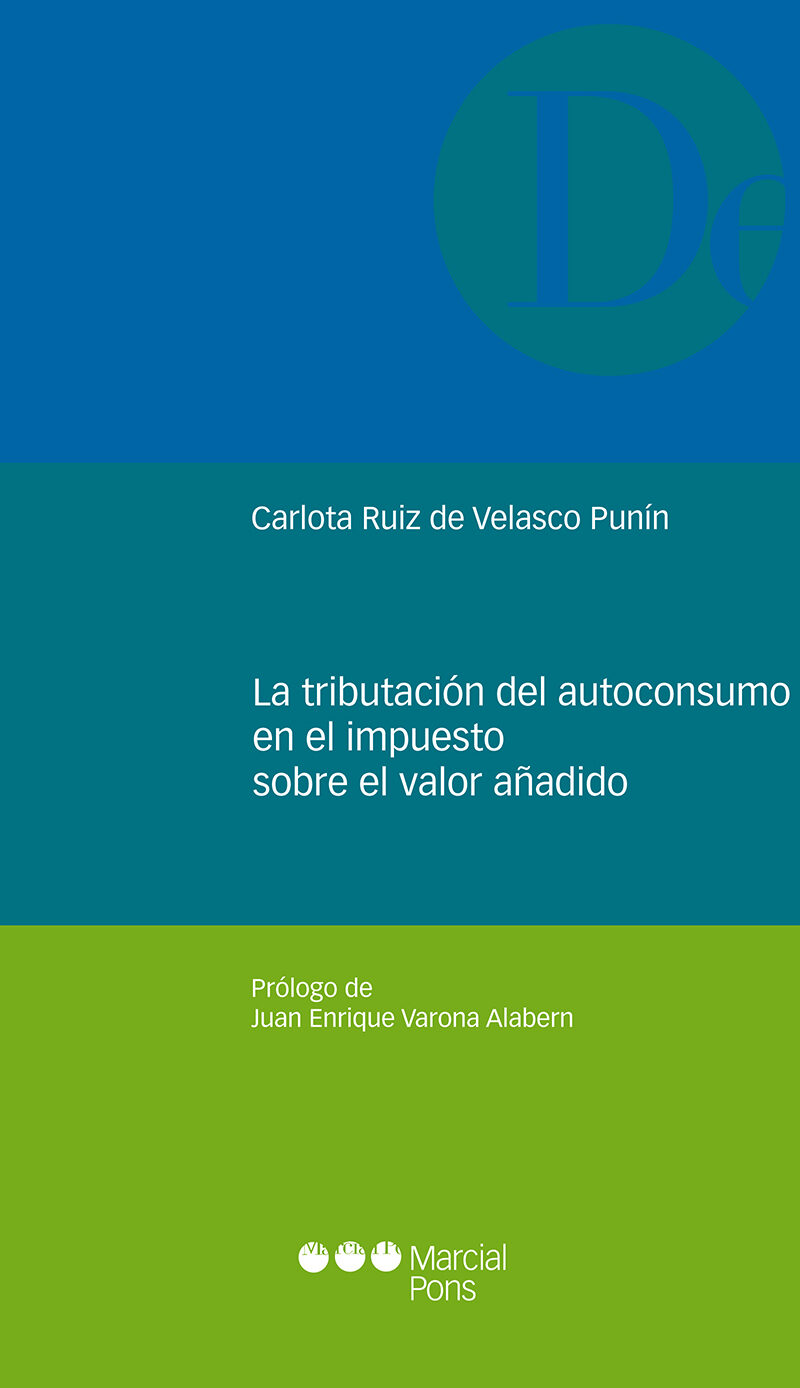El fenómeno de los patent trolls puede definirse como aquellos supuestos en los que un titular de derechos de patente no explota su cartera de derechos y, sin embargo, amenaza indebidamente con litigar o litiga contra presuntos infractores de sus derechos con la única finalidad de obtener beneficios de carácter económico; bien reclamando el pago de royalties excesivos, o bien mediante la obtención de indemnizaciones por los daños sufridos como consecuencia del uso ilegítimo y no consentido de sus derechos de exclusiva.
Parece obvio afirmar que la figura de los patent trolls tiene incidencias negativas en el Derecho de defensa de la competencia. Así, el análisis de los problemas que presentan los patent trolls desde la perspectiva del Derecho de defensa de la competencia, permitirá el estudio de los supuestos más tradicionales de uso anticompetitivo de los derechos de patente, esto es, aquellos que tienen lugar cuando el titular de dichos derechos exclusivos los utiliza para incrementar el poder de mercado de una forma anticompetitiva y como un medio para abusar de su posición de dominio. Asimismo, en esta obra serán objeto de estudio supuestos que pueden constituir un abuso de posición de dominio como la negativa injustificada a la concesión de licencias -tanto en sectores estandarizados, haciendo referencia a la problemática del hold-up problem, como en sectores no estandarizados-, pasando por el ejercicio abusivo del derecho a litigar, la solicitud de medidas cautelares con fines anticompetitivos y los efectos producidos por la sentencia estimatoria de la pretensión ejercitada abusivamente por los patent trolls. Todo ello, haciendo hincapié en las pertinentes distinciones entre las reacciones de los tribunales y autoridades de la competencia europeos y norteamericanos a este tipo de prácticas anticompetitivas.
Introduction
Preface
1: Why is there no International Theory?, M. WIGHT
2: Society and Anarchy in International Relations, H. BULL
3: The Grotian Conception of International Society, H. BULL
4: Natural Law, D. MACKINNON
5: Western Values in International Relations, M. WIGHT
6: The Balance of Power, H. BUTTERFIELD
7: The Balance of Power, M. WIGHT
8: Collective Security and Millitary Alliances, G. F. HUDSON
9: The New Diplomacy and Historical Diplomacy, H. BUTTERFIELD
10: War as an Instrument of Policy, M. HOWARD
11: Threats of Force in International Relations, G. F. HUDSON
12: Problems of a Disarmed World, M. HOWARD
Edited by Herbert Butterfield, Former Vice Chancellor and Regius Professor of Modern History, University of Cambridge, and Martin Wight, Former Dean of the School of European Studies and a Professor of History, University of Sussex
Tim Dunne, Professor of International Relations, The University of Queensland, and Ian Hall, Professor of International Relations, Griffith University
Sir Herbert Butterfield FBA was Regius Professor of History and Vice-Chancellor of the University of Cambridge. As a British historian and philosopher of history, his works include: The Whig Interpretation of History (1931) and Origins of Modern Science (1949). His main interests were historiography, the history of science, 18th century constitutional history, Christianity, History, and International Politics.
Martin Wight was one of the most important British scholars on International Relations of the 20th century. He was Dean of the School of European Studies and a Professor of History the London School of Economics and the University of Sussex, where he served as the founding Dean of European Studies. Wight is often associated with the British committee on the theory of international politics and the so-called English School of International Relations.
Tim Dunne is Pro-Vice Chancellor at The University of Queensland, where he is also Professor of International Relations. He took up this role after a four-year term at the as the inaugural Executive Dean of the Faculty of Humanities and Social Sciences. He has written and edited twelve books, including Inventing International Society: A History of the English School (1998); The Oxford Handbook of the Responsibility to Protect (co-edited with Alex J. Bellamy, 2016); The Globalization of International Society (co-edited with Christian Reus-Smit in 2017). He is a Fellow of the Academy of Social Sciences, Australia.
Ian Hall is a Professor in the School of Government and International Relations at Griffith University, Queensland, Australia. He is also a member of the Griffith Asia Institute and an academic fellow of the Australia India Institute. He has written or edited six books, including Dilemmas of Decline: British Intellectuals and World Politics, 1945-1975 (2012) and The International Thought of Martin Wight (2006).
Contributors:
Hedley Bull was Professor of International Relations at the Australian National University, the London School of Economics, and the University of Oxford
Herbert Butterfield was Regius Professor of History and Vice-Chancellor of the University of Cambridge
Michael Howard is formerly Chichele Professor of the History of War, Honorary Fellow of All Souls College, Regius Professor of Modern History at Oxford University, Robert A. Lovett Professor of Military and Naval History at Yale University and founder of the Department of War Studies, King’s College London
G. F. Hudson was a fellow of St Antony’s college, Oxford
Donald Mackinnon was Norris-Hulse Profesor Of Divinity, University of Cambridge
Martin Wight was Dean of the School of European Studies and a Professor of History the London School of Economics and the University of Sussex

